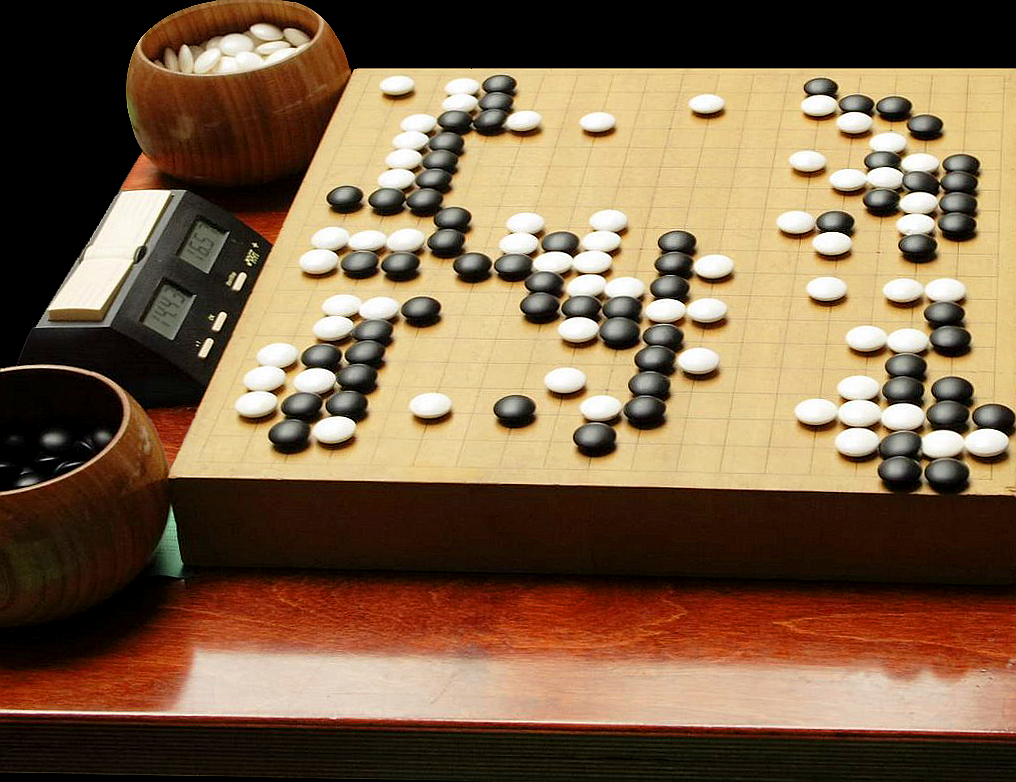|
Nobuaki Maeda
Maeda Nobuaki was a Japanese professional 9 dan go player, a disciple of Honinbo Shusai, and a member of the Nihon Ki-in, the main organizational body for go in Japan. His own disciples were Norio Kudo, Yusuke Oeda, Shioiri Itsuzo, Nagahara Yoshiaki, and Morikawa Masao. Maeda reached the highest professional rank, 9 dan, in 1963, but never achieved the consistent record of tournament success that marks the truly elite player. Maeda is famous today principally for his series of tsume-go (problem) collections, which gained him the honorary nickname "god of tsume-go." It is said that he composed a problem a day for 40 years. Many of these problems are considered especially beautiful, ingenious, or instructive. Maeda is also remembered for his presumed role in one of the most sensational and controversial games of the 20th century: the 1933 challenge game between his teacher, Honinbo Shusai, and the Chinese prodigy Go Seigen Wu Quan (), courtesy name Wu Qingyuan ()His cour ... [...More Info...] [...Related Items...] OR: [Wikipedia] [Google] [Baidu] |
Dan Rank
The ranking system is used by many Japanese, Okinawan, Korean, and other martial art organizations to indicate the level of a person's ability within a given system. Used as a ranking system to quantify skill level in a specific domain, it was originally used at a Go school during the Edo period. It is now also used in most modern Japanese fine and martial arts. Martial arts writer Takao Nakaya claims that this dan system was first applied to martial arts in Japan by Kanō Jigorō (1860–1938), the founder of judo, in 1883, and later introduced to other East Asian countries. In the modern Japanese martial arts, holders of dan ranks often wear a black belt; those of higher rank may also wear either red-and-white or red belts depending on the style. Dan ranks are also given for strategic board games such as Go, Japanese chess ('' shōgi''), and renju, as well as for other arts such as the tea ceremony (''sadō'' or ''chadō''), flower arrangement (''ikebana''), Japanese call ... [...More Info...] [...Related Items...] OR: [Wikipedia] [Google] [Baidu] |
